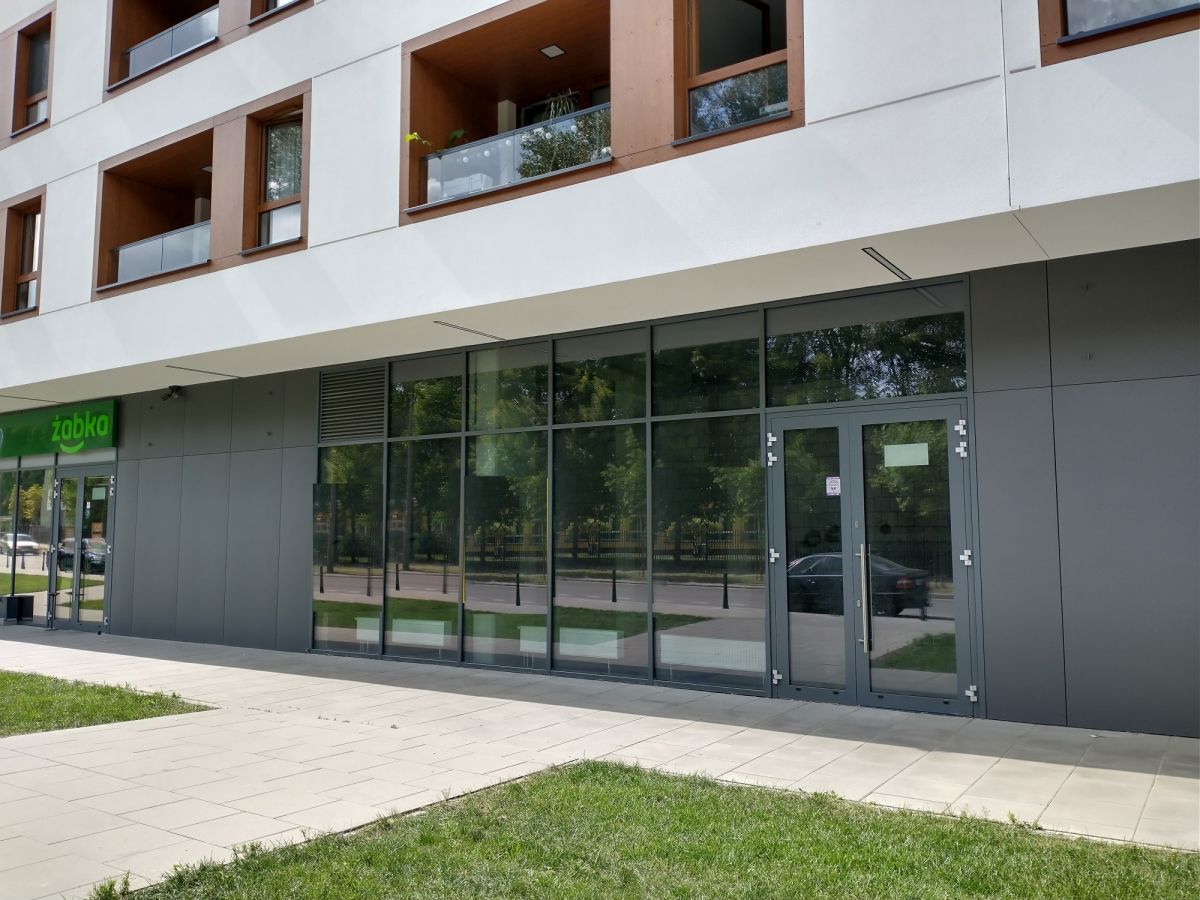Guarantee when purchasing real estate

Guarantee when purchasing real estate
Within 5 years after purchasing an apartment, you can present your claims to the seller if a physical or legal defect is discovered in the property. This is guaranteed by the Civil Code. Warranty provisions do not need to be included in the real estate purchase agreement for the rights under this law to apply.
Within 5 years after purchasing an apartment, you can present your claims to the seller if a physical or legal defect is discovered in the property. This is guaranteed by the Civil Code. Warranty provisions do not need to be included in the real estate purchase agreement for the rights under this law to apply.
Warranty provisions for real estate defects are, of course, not limited to apartments. They also allow claims to be made in the event of defects in a building, site, parking space, storage room, garage, etc. The warranty applies to purchase and sale contracts, as well as exchange contracts and construction/repair work.
According to Article 556 of the Civil Code, “the seller is liable to the buyer if the goods sold have a physical or legal defect (warranty).”
The Code further develops the definitions of a physical and legal defect:
Article 556(1) [Physical defect of goods]
§ 1. A physical defect consists in the non-compliance of the thing sold with the contract. In particular, the goods sold do not comply with the contract if:
1) does not have the properties that an object of this type should have due to the purpose (...) arising from the circumstances or purpose;
2) does not have properties the existence of which the seller assured the buyer (...);
3) is not suitable for the purpose that the buyer informed the seller about when concluding the contract, and the seller did not object to this purpose;
4) was delivered to the buyer in an incomplete condition (...).
Article 556(3) [Legal defect]
The seller is liable to the buyer if the item sold is the property of a third party or is encumbered with the rights of a third party, as well as if the restriction on the use or disposal of the item is due to a decision or order of the competent authority; in case of sale of the right, the seller is also responsible for the existence of the right (legal defect).
Physical disabilities
The final receipt of the keys to the apartment by the buyer on the primary market is preceded by the developer receiving permission to put it into operation and technical acceptance of the apartment by the buyer. However, even signing an acceptance certificate that does not indicate that any defects were found does not void the warranty if they appear later.
However, one of the conditions in order to be able to benefit from the warranty must be the fact that the buyer was not aware of the defect/malfunction at the time of purchase. If he knew about it, the guarantee will not apply.
Article 557 (Exemption from liability)
§ 1. The seller is released from liability under the warranty if the buyer knew about the defect at the time of conclusion of the contract (...).
Another condition is proof that the defect did not arise as a result of natural processes, but as a result of errors or defects made by the seller of the property. The warranty only applies to defects that already existed at the time of purchase and did not appear later, unless it is proven that the cause that led to the defect/malfunction existed at the time of purchase.
The catalog of physical defects in real estate can be very wide. The most typical include: deviation from the construction project, cracks in the plaster (not caused by natural settlement of the building), dampness, flooding of the site, a smaller area than specified in the contract, as well as errors in execution that violate building codes.
Legal disadvantages of real estate
According to the above definition, a legal defect most often is a situation in which the property is encumbered with the rights of a third party or is its property, or if, by decision of the authorized body, its use is limited.
An example of a legal defect might be a lease that you were unaware of at the time ownership was transferred that allows a tenant to live in the property for a certain period of time. A legal deficiency will also be an easement for an apartment that is not included in the Land and Mortgage Book, a decision of construction supervision to prohibit the use of the property, etc.
What is it about?
An owner asserting his rights under a warranty has several possible options, but what is important is that he must choose one of them.
Thus, he may demand that the real estate seller: reduce the price; refuse the contract and demand the return of the entire amount along with the expenses incurred; demand replacement of property or elimination of defects.
However, it is not possible to demand, for example, the elimination of defects and a reduction in price or termination of the contract.
Typically, owners who take advantage of the warranty expect a reduction in the price of the property. We are talking about an amount corresponding to the cost of eliminating defects. Of course, repairs at the expense of the seller are also a popular solution. In this case, we are not talking about replacing real estate with another. Legally, it will be difficult if the apartment was purchased on credit and is subject to registration of a mortgage in favor of the bank. The same applies to termination of the contract.
Regardless of the course of action you choose, you can also expect to be reimbursed for costs associated with faults or defects in the property - for example, having to rent an apartment while renovations are taking place, increased heating bills due to improper insulation, etc.
The seller of real estate with a defect can independently, in the shortest possible time and without any inconvenience for the owner, either eliminate the defect or replace the product with a new one without defects. Then, in accordance with the rules, the buyer will not be able to make any other claims against him.
Article 560 (Cancellation; price reduction)
§ 1. If the thing sold has a defect, the buyer may apply for a reduction in price or termination of the contract if the seller does not immediately and without any inconvenience to the buyer replace the defective product without defects or does not eliminate the defect (...).
§ 3. The reduced price must be so proportional to the price arising from the contract that the value of the thing with a defect remains proportional to the value of the thing without the defect.
§ 4. The buyer cannot withdraw from the contract if the defect is insignificant.
Article 561(2). [Obligation to provide defective goods]
§ 1. The buyer exercising warranty rights is obliged to deliver the defective goods at the expense of the seller (...).
§ 2. If, due to the nature of the goods (...) the delivery of the goods by the buyer will be excessively difficult, the buyer is obliged to provide the goods to the seller at the place where it is located.
Deadlines
As we mentioned at the beginning, the seller of a property with a defect can be held liable within 5 years from the date of transfer of ownership. If a fault is discovered during this time, the warranty applies. It is important to document the defect photographically, record it on video, confirm it by inspection by a specialist with construction education, etc.
The buyer must immediately notify the seller of the discovery of a defect, but there is no statutory time limit for this. However, he has one year from the date of discovery of the defect to formulate a claim against the seller.
Source: portalnieruchomosci.com
Blog

Real Estate Market Forecasts: How Developers See Apartment Prices in 2025
Real Estate Market Forecasts: How Developers See Apartment Prices in 2025

Konstancin Jeziorna
Konstancin Jeziorna is a city and the center of a commune (parish) in Poland, part of the Piaseczynski poviat of the Masovian Voivodeship. It is part of the Warsaw agglomeration.

Real estate prices in Warsaw in November 2023
Real estate prices in Warsaw in November 2023





